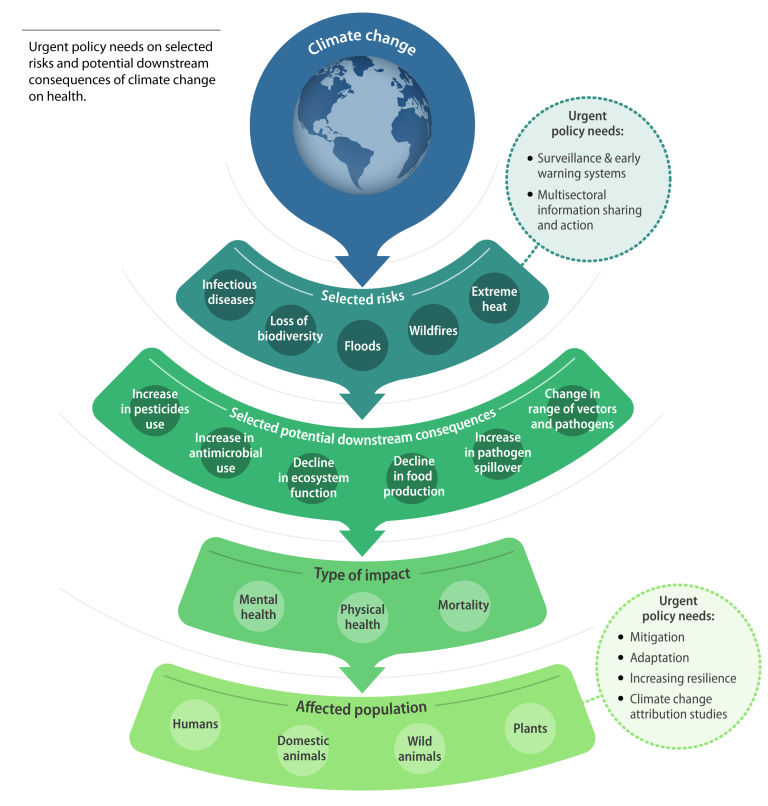Ten Essential Climate Science Insights for 2022 presented at COP27

Leading global scientific experts presented the annual 10 New Insights in Climate Science to the UN climate change negotiations, COP27, today.
The annual update presents key insights from the latest climate change-related research this year and responds to clear calls for policy guidance. It emphasizes and unpacks the complex interactions between climate change and other drivers of risk, such as conflicts, pandemics, food crises and underlying development challenges in the report.

The 10 Insights report is convened by the international networks Future Earth, The Earth League and the World Climate Research Programme, which is co-sponsored by WMO.
“Science is at the heart of everything we do. Science is our common language. It’s a foundational element that informs the COP negotiating process. Science provides the evidence and data on the impacts of climate change but it gives us the tools and knowledge on how we need to address it,” Simon Stiell, Executive Secretary of the UN Convention on Climate Change (UNFCCC) told a press conference.
“The insights of this report are alarming, confirming what we already know and giving us insights into other areas where further action is needed,” he said.
The scientific synthesis report identifies that the potential to adapt to climate change is not limitless. Rising sea levels capable of submerging coastal communities and extreme heat intolerable to the human body, are examples of ‘hard’ limits to our ability to adapt. It also highlights that over 3 billion people will inhabit ‘vulnerability hotspots’ -- areas with the highest susceptibility to being adversely affected by climate-driven hazards -- by 2050, double what it is today.
The report further outlines that persistent dependence on fossil fuels exacerbates major vulnerabilities, notably for energy and food security, and that deep and swift mitigation to tackle the drivers of climate change is immediately necessary to avert and minimise future loss and damage.
"The latest science confirms the rising social costs of severe climate extremes and the urgent need to deviate away from risks of going beyond limits to adaptation and crossing irreversible tipping points, says Prof. Johan Rockström, co-chair of the Earth League, the Earth Commission and Director of the Potsdam Institute for Climate Impact Research.
In 2022, the 10 New Insights in Climate Science covers crucial topics that are key focus areas for negotiators at COP27, from adaptation and mitigation, to the intersections of climate and food systems, security, and finance:
- Questioning the myth of endless adaptation
- Vulnerability hotspots cluster in ‘regions at risk’
- New threats on the horizon from climate-health interactions
- Climate mobility: From evidence to anticipatory action
- Human security requires climate security
- Sustainable land use is essential to meeting climate targets
- Private sustainable finance practices are failing to catalyse deep transitions
- Loss and Damage: The urgent planetary imperative
- Inclusive decision-making for climate-resilient development
- Breaking down structural barriers and unsustainable lock-ins
Details of 10 Insights in Climate Science are here

